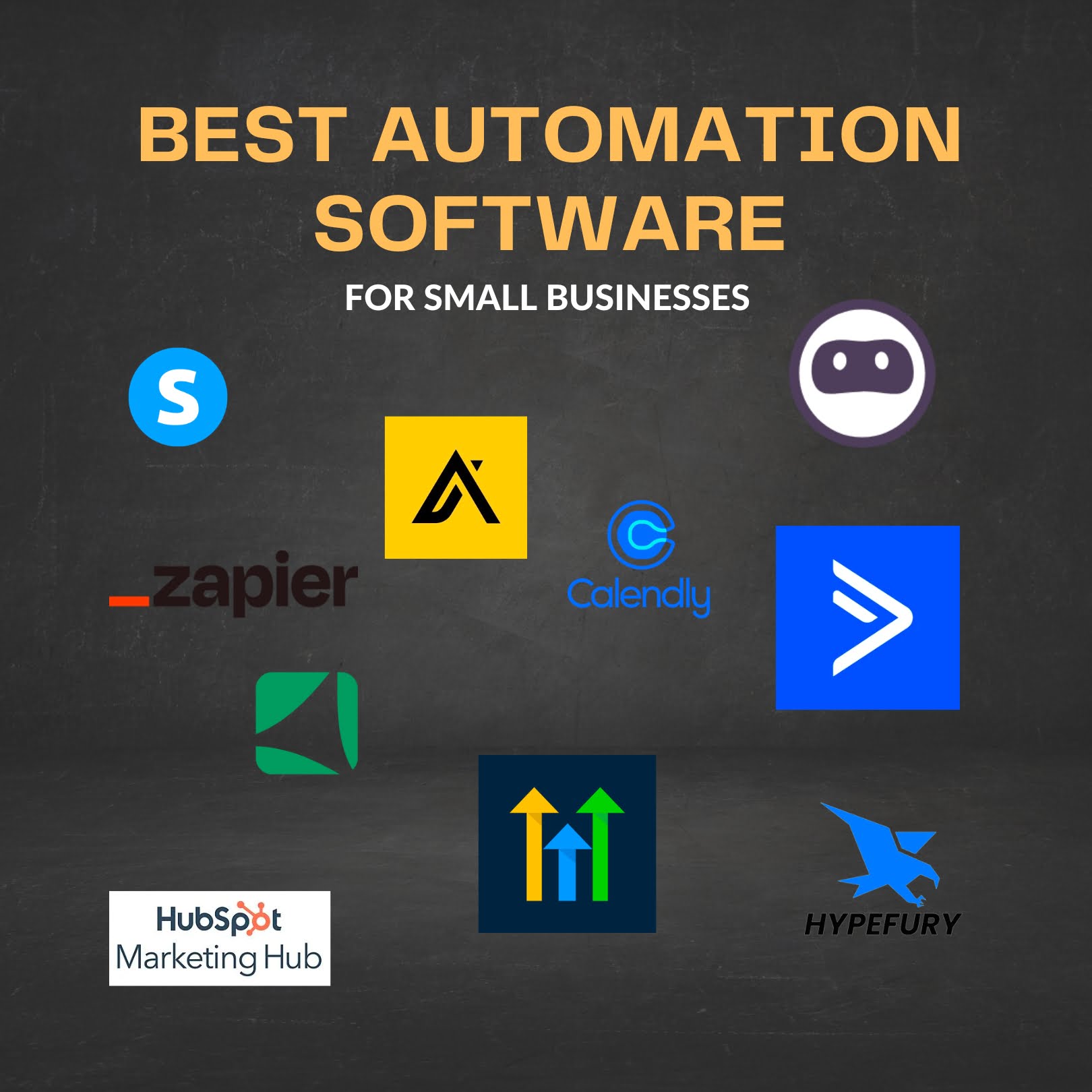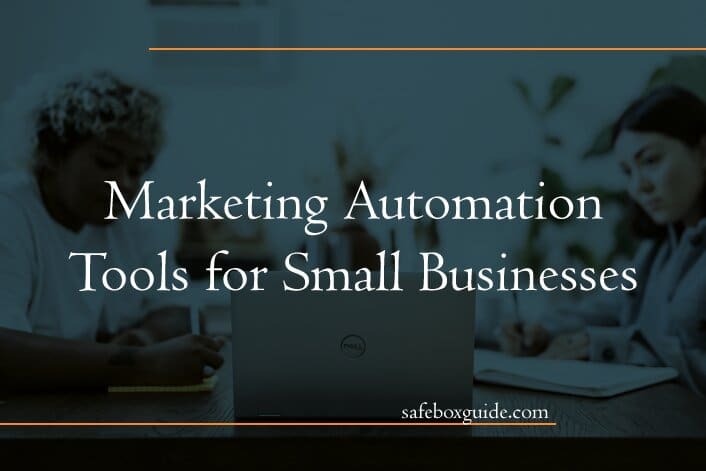Automation Tools For Small Business

Small businesses, the engine of many economies, are increasingly turning to automation tools to streamline operations, boost productivity, and stay competitive in a rapidly evolving market. These tools, once the domain of large corporations, are now more accessible and affordable, offering a lifeline to businesses seeking efficiency gains and cost reductions. The shift towards automation represents a significant change in how small businesses operate and manage resources.
At its core, automation involves using technology to perform tasks that were previously done manually. This ranges from simple tasks like scheduling social media posts to complex processes like managing customer relationships and automating accounting functions.
What is Driving the Automation Trend?
Several factors are contributing to the rising adoption of automation tools by small businesses. One key driver is the increasing affordability and user-friendliness of these technologies.
Cloud-based platforms and subscription models have significantly lowered the barrier to entry, making automation accessible even for businesses with limited budgets and technical expertise. Furthermore, the pressure to compete with larger businesses, which often have more resources to invest in technology, is also a strong motivator.
Key Areas of Automation
Automation is being implemented across various aspects of small business operations.
Marketing Automation
Marketing automation tools are helping small businesses automate tasks such as email marketing, social media management, and lead generation. These tools allow businesses to nurture leads, personalize customer experiences, and track marketing performance more effectively.
Customer Relationship Management (CRM) Automation
CRM systems automate tasks related to managing customer interactions, sales processes, and customer support. Automation in CRM includes features like automated data entry, lead scoring, and customer segmentation, improving customer satisfaction and sales efficiency.
Accounting and Finance Automation
Accounting software with automation capabilities streamlines tasks like invoice processing, expense tracking, and bank reconciliation. This reduces the risk of errors, saves time, and provides real-time insights into financial performance.
Project Management Automation
Project management tools automate task assignments, progress tracking, and communication, enabling businesses to manage projects more efficiently. This ensures that projects are completed on time and within budget.
The Impact on Small Businesses
The impact of automation on small businesses is multifaceted. Automation can lead to increased productivity, reduced costs, and improved customer satisfaction.
By automating repetitive tasks, employees can focus on more strategic and creative work, leading to higher job satisfaction and innovation. According to a report by McKinsey Global Institute, automation could free up significant time for employees to focus on tasks requiring human skills such as critical thinking and creativity.
However, the adoption of automation also raises concerns about potential job displacement. While some tasks will be automated, it is also expected that new job roles will emerge, requiring skills in areas such as data analysis, automation implementation, and maintenance.
"The future of work will involve humans and machines working together," says Anna Chen, a technology consultant specializing in small business automation. "It's about finding the right balance between automation and human skills to achieve optimal results."
Challenges and Considerations
Despite the potential benefits, small businesses also face challenges when implementing automation. Selecting the right tools, integrating them with existing systems, and training employees are all critical considerations.
Data security and privacy are also paramount, particularly when automating processes that involve customer data. Businesses need to ensure that they comply with relevant regulations and implement appropriate security measures.
For example, a local bakery, Sweet Delights, implemented a CRM system to automate customer order management and email marketing. This significantly reduced the time spent on manual tasks and improved customer engagement.
Looking Ahead
The trend of automation in small businesses is expected to continue to grow in the coming years. As technology advances and becomes more accessible, more small businesses will likely adopt automation tools to improve efficiency, reduce costs, and stay competitive. The key will be to strategically implement automation in a way that complements human skills and creates value for both the business and its customers.
By embracing automation, small businesses can unlock new opportunities for growth and innovation, solidifying their position in the evolving economic landscape. Adaptability and a willingness to learn will be crucial for navigating the changing world of work, where automation is increasingly becoming the norm.


















